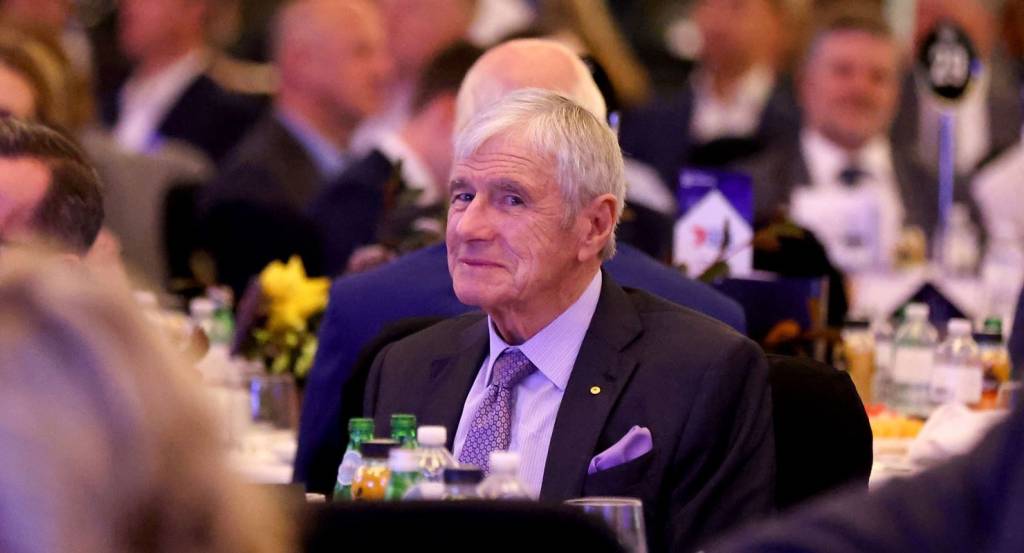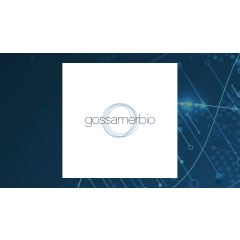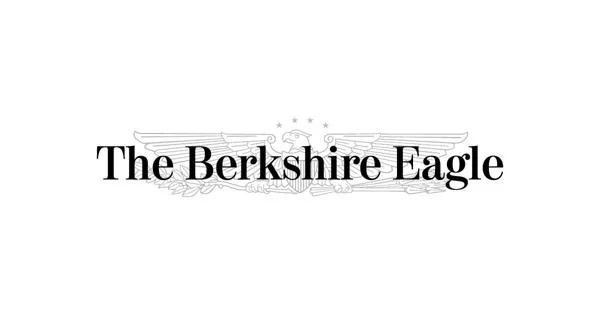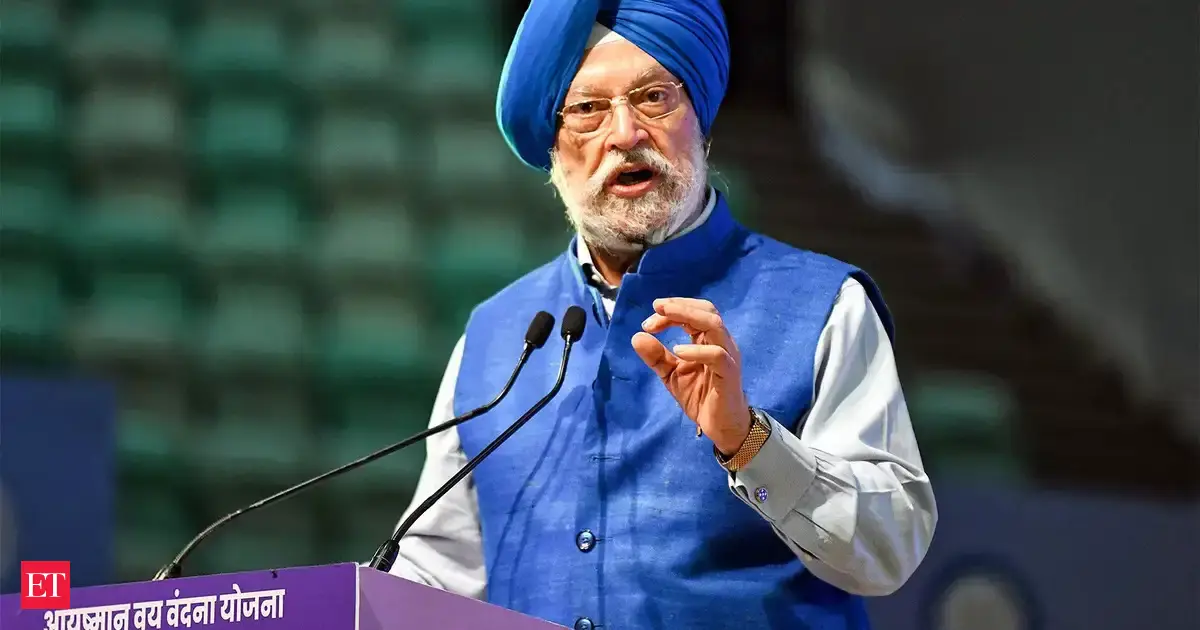By Glenn Dyer
Copyright crikey

Back in 2011 West Australian Newspapers (WAN) bought Seven Media Group for $4.1 billion, creating Seven West Media, Australia’s largest diversified media business.
Behind the initial deal was WA mining services magnate and now billionaire Kerry Stokes, who had shares in both Seven Media and WAN. The deal made him a serious peer for the Murdochs and Fairfax Media.
But that pinnacle came and went in a handful of years. Asset impairments, declining cash flow and rising debt bled Seven’s finances, triggering a series of asset sales, rounds of cost cutting and staff departures (some caused by claims of sexual and other harassment in what became clear was a deeply toxic workplace). Seven has long since become known primarily for employing war criminals, platforming rapists and serving up a constant diet of scandals and debacles.
At the close of trading on the ASX on Monday night, Seven West Media had shrunk to a value of just $215 million, with the Stokes’ 40% stake well and truly buried as a minor investment in the family’s 51% owned industrial giant, SGH — now a $20 billion-plus conglomerate involved in mining and construction equipment, oil and gas, cement, plant hire and other assets. Seven West had a value to SGH of just $80 million, well behind another small investment, Beach Energy, 30% controlled by SGH, which is worth close to $800 million.
Now, once the merger with Southern Cross closes, the SGH stake in the new company will be reduced to 20%. It’s no wonder Kerry Stokes will retire as chair of Seven next February, leaving son Ryan as a disinterested representative of the family on the merged company’s board. The new company will have a non-Stokes chair — and a clear exit path with SGH thought likely to sell its $80 million stake to a couple of institutions. Legacy media like the Seven Network and the Perth right-wing rag The West Australian (along with the abysmal fossil fuel-funded Nightly website) are no longer appealing — Seven might still be the most watched TV operation in the country, but its future is fading as advertising is sucked away by the likes of Netflix, YouTube, Facebook, TikTok et al.
Seven’s future will be as part of a small local media company with constant cash and cost problems, routinely sending its executives to Canberra to demand ever more regulatory favours and handouts, with the implied threat that governments that fail to play ball will find that coverage of their election campaigns is less than positive. It’s a threat that, even now, is a significant one for political parties, but it is diminishing as free-to-air TV (outside major sports) becomes a niche habit for the elderly and the low-income.
The most striking thing about this deal is that once again the legacy media sector doesn’t have the cash to do major deals — the deal is entirely in shares. Likewise, News Corp’s sale of its 65% stake in Foxtel earlier this year saw no cash change hands — News had loans of just over $900 million repaid by Foxtel, and it and Telstra (the other owner of Foxtel) received paper entitling them to stakes of 6% and 3% in Foxtel’s new owners, DAZN, should it float on a stock exchange. While that deal had a paper value of $3.4 billion, it was a theoretical figure.
The Seven West-Southern Cross burial leaves Nine Entertainment as the major Australian media player — it was created in mid-2018 by the merger of Nine Network and Fairfax Media in a share and cash (albeit only 2.5 cents a Fairfax share, which was derisory) and had a value of $4.2 billion. The next seven years saw that shrink to around $1.9 billion by Tuesday’s ASX close — another huge destruction of value. Like Seven West, it too has had management and board instability and been wracked by allegations of sexual harassment and bullying.
In contrast, consider the deal the massive transaction of Electronic Arts, the games giant, being being taken over by a group of investors (including Saudi money and Jarred Kushner, Donald Trump’s son-in-law) for US$55 billion — the biggest private equity deal ever. EA shareholders will get cash US$210 a share, a 25% premium. EA is no jewel — its latest quarterly filing showed rising revenues but weak profits and margins. But it has more than 700 million users — users lost not only to legacy media here and around the world but also lost to the streamers, the Metas and all those other content platforms.



